
U.S. begins Berlin Airlift
On June 26, 1948, U.S. and British pilots begin delivering food and supplies by airplane to Berlin after the city is isolated by a Soviet Union blockade.
When World War II ended in 1945, defeated Germany was divided into Soviet, American, British and French zones of occupation. The city of Berlin, though located within the Soviet zone of occupation, was also split into four sectors, with the Allies taking the western part of the city and the Soviets the eastern. In June 1948, Josef Stalin’s government attempted to consolidate control of the city by cutting off all land and sea routes to West Berlin in order to pressure the Allies to evacuate. As a result, beginning on June 24 the western section of Berlin and its 2 million people were deprived of food, heating fuel and other crucial supplies.
Though some in U.S. President Harry S. Truman’s administration called for a direct military response to this aggressive Soviet move, Truman worried such a response would trigger another world war. Instead, he authorized a massive airlift operation under the control of General Lucius D. Clay, the American-appointed military governor of Germany. The first planes took off from England and western Germany on June 26, loaded with food, clothing, water, medicine and fuel.
At the beginning of the operation, the planes delivered about 5,000 tons of supplies to West Berlin every day; by the end, those loads had increased to about 8,000 tons of supplies per day. The Allies carried about 2.3 million tons of cargo in all over the course of the airlift.
The massive scale of the airlift made it a huge logistical challenge and at times a great risk. With planes landing at Tempelhof Airport every four minutes, round the clock, pilots were being asked to fly two or more round-trip flights every day, in World War II planes that were sometimes in need of repair.
The Soviets lifted the blockade in May 1949, having earned the scorn of the international community for subjecting innocent men, women and children to hardship and starvation. The airlift—called die Luftbrucke or “the air bridge” in German—continued until September 1949 at a total cost of over $224 million. When it ended, the eastern section of Berlin was absorbed into Soviet East Germany, while West Berlin remained a separate territory with its own government and close ties to West Germany.
The Berlin Wall, built in 1961, formed a dividing line between East and West Berlin. Its destruction in 1989 presaged the 1991 collapse of the Soviet Union and marked the end of an era and the reemergence of Berlin as the capital of a new, unified German nation.

CIVIL WAR
1862
Rebels strike Union at the Battle of Mechanicsville
At the Battle of Mechanicsville, Virginia, Confederate General Robert E. Lee’s Army of Northern Virginia strikes Union General George B. McClellan’s Army of the Potomac, beginning the Seven Days’ Battles. Although the Confederates sustained heavy losses and did not succeed.

1959
St. Lawrence Seaway opened
In a ceremony presided over by U.S. President Dwight D. Eisenhower and Queen Elizabeth II, the St. Lawrence Seaway is officially opened, creating a navigational channel from the Atlantic Ocean to all the Great Lakes. The seaway, made up of a system of canals, locks, and dredged.

1993
President Clinton punishes Iraq for plot to kill George H.W. Bush
In retaliation for an Iraqi plot to assassinate former U.S. President George H.W. Bush during his April visit to Kuwait, President Bill Clinton orders U.S. warships to fire Tomahawk cruise missiles at Iraqi intelligence headquarters in downtown Baghdad.
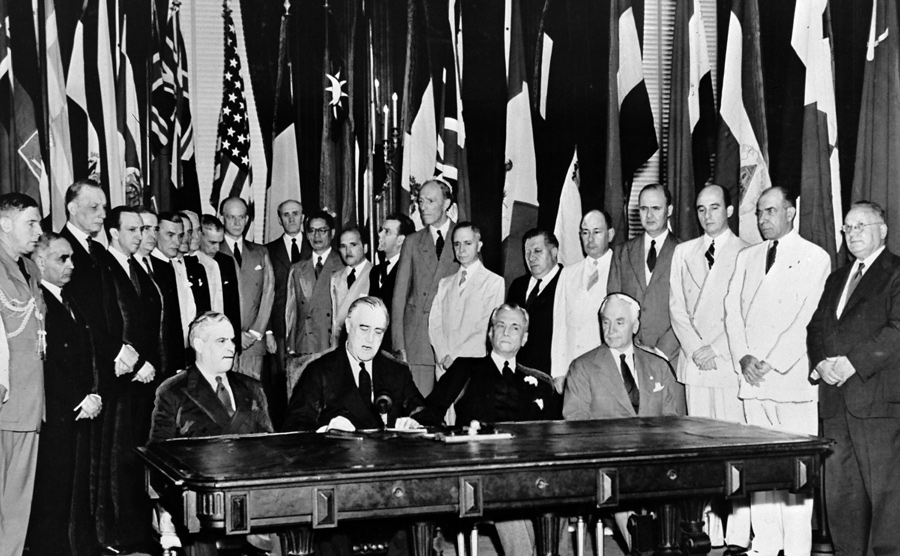
WORLD WAR II
1945
U.N. Charter signed
In the Herbst Theater auditorium in San Francisco, delegates from 50 nations sign the United Nations Charter, establishing the world body as a means of saving “succeeding generations from the scourge of war.” The Charter was ratified on October 24.
/Strom-Thurmond-3000-3x2gty-5ac22bb4119fa8003730d091.jpg)
21ST CENTURY
2003
Former U.S. Senator Strom Thurmond dies
Strom Thurmond, who served in the United States Senate for a record 46 years, dies on June 26, 2003. Thurmond’s long and controversial political career had ended with his retirement one year earlier. Thurmond was born on December 5, 1902, in Edgefield, South Carolina.

ANCIENT AMERICAS
1541
Francisco Pizarro, conqueror of the Incas, assassinated
Francisco Pizarro, the governor of Peru and conqueror of the Inca civilization, is assassinated in Lima by Spanish rivals. The illegitimate son of a Spanish gentleman, Pizarro served under Spanish conquistador Alonso de Ojeda during his expedition to Colombia in 1510.
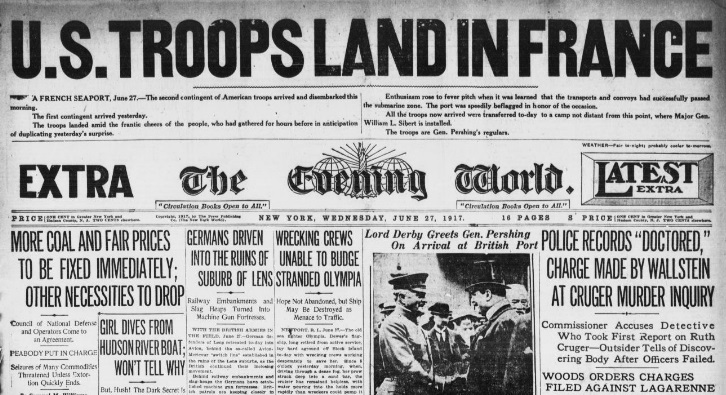
WORLD WAR I
1917
First U.S. troops arrive in France
During World War I, the first 14,000 U.S. infantry troops land in France at the port of Saint-Nazaire. The landing site had been kept secret because of the menace of German submarines.
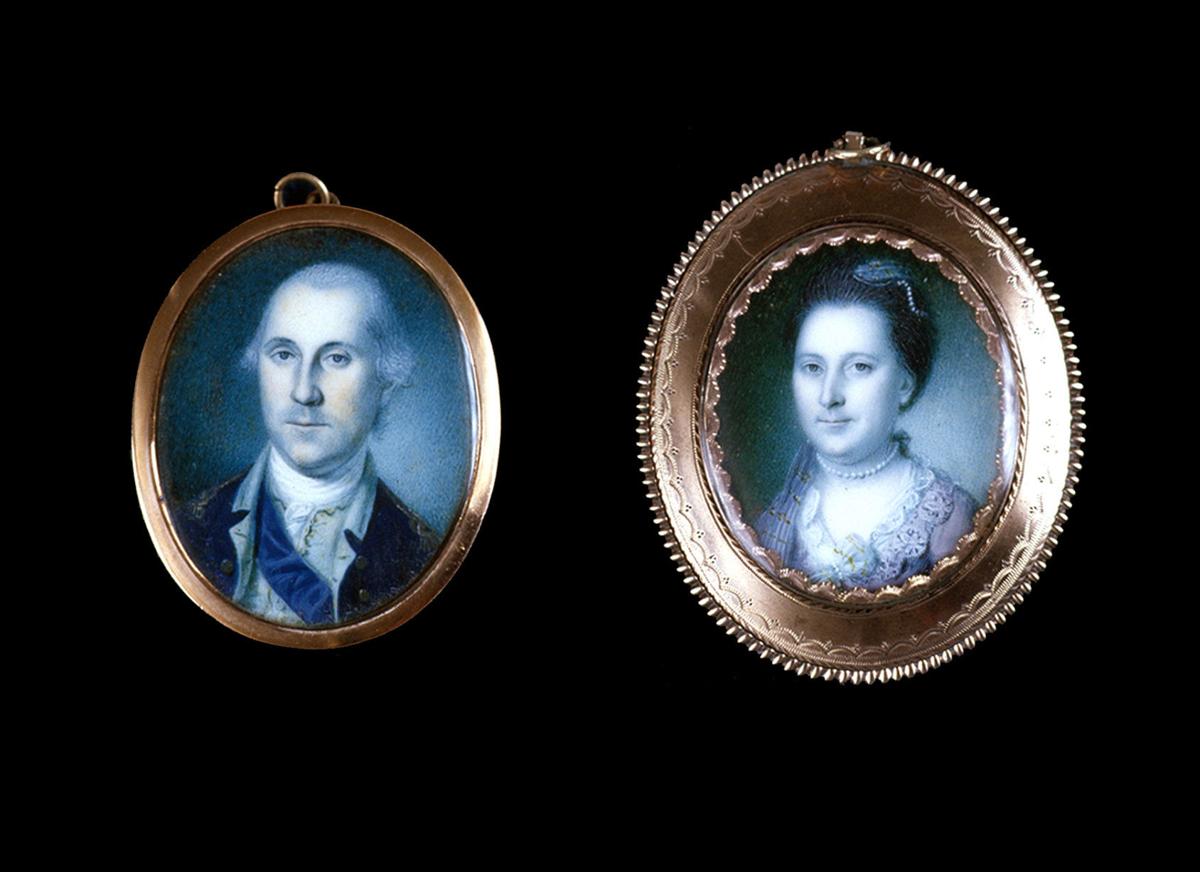
U.S. PRESIDENTS
1844
President John Tyler weds his second wife
Fifty-four year old widower President John Tyler marries 21-year-old Julia Gardiner on June 26, 1844. It was his second marriage. At the time, Julia was the youngest first lady in history. Tyler had wooed Julia from the time she was 19, but it took a tragedy and a narrow escape.
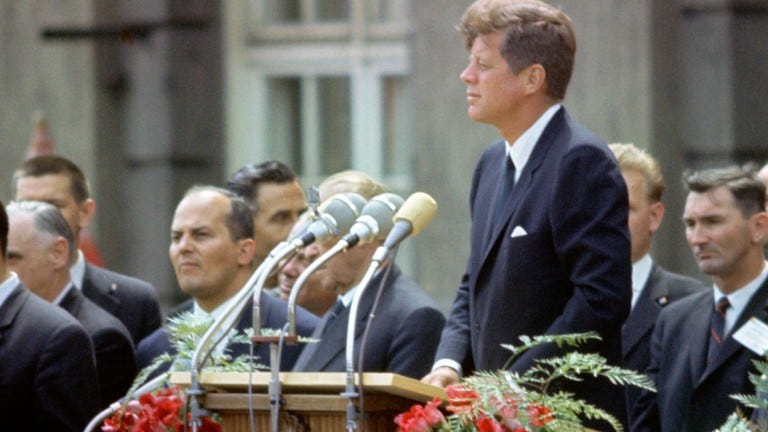
U.S. PRESIDENTS
1963
John F. Kennedy claims solidarity with the people of Berlin
President John F. Kennedy expresses solidarity with democratic German citizens in a speech on this day in 1963. In front of the Berlin Wall that separated the city into democratic and communist sectors, he declared to the crowd, “Ich bin ein Berliner” or “I am also a citizen of Berlin.

ART, LITERATURE, AND FILM HISTORY
1975
Sonny and Cher’s divorce becomes final
With a string of pop hits in the mid-1960s that began with the career-defining “I Got You Babe” (1965), Sonny and Cher Bono established themselves as the most prominent and appealing married couple in the world of popular music.
NATURAL DISASTERS & ENVIRONMENT
1807
Lightning strikes gunpowder factory in Luxembourg, killing hundreds
On June 26, 1807, lightning hits a gunpowder factory in the small European country of Luxembourg, killing more than 300 people. Lightning kills approximately 73 people every year in the United States alone, but victims are almost always killed one at a time.

CRIME
1957
A serial killer preys upon a woman out for a drive
Margaret Harold is shot and killed while out for a drive with her boyfriend near Annapolis, Maryland. Her killer swerved in front of the couple’s car, approached with a .38 revolver, and shot Harold in the side of the face, while her boyfriend managed to escape.
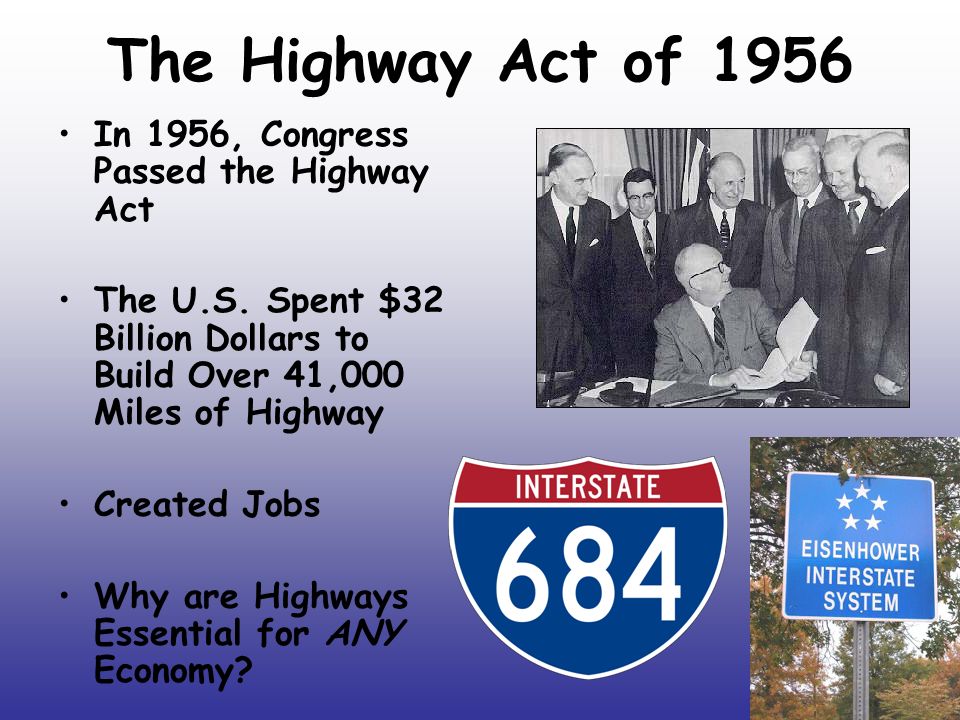
INVENTIONS & SCIENCE
1956
Congress approves Federal Highway Act
On June 26, 1956, the U.S. Congress approves the Federal Highway Act, which allocates more than $30 billion for the construction of some 41,000 miles of interstate highways; it will be the largest public construction project in U.S. history to that date.
Comments
Post a Comment